Category Archive for "Europe & Eurasia"
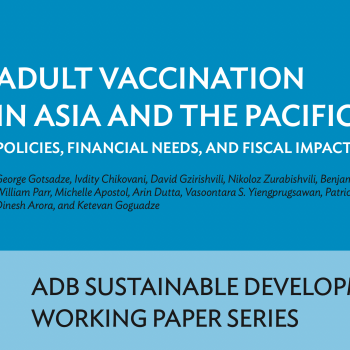
Adult vaccination in Asia and the Pacific
Curatio International Foundation in partnership with Asian Development Bank publishes a report entitled “Adult vaccination in Asia and the Pacific- policies, financial needs, and fiscal impacts”
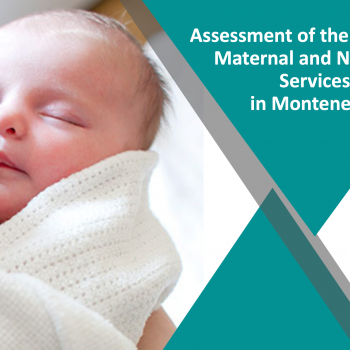
Assessment of the Quality of Maternal and Neonatal Services in Montenegro
Curatio International Foundation (CIF) publishes a report on the Assessment of the Quality of Maternal and Newborn Care in Montenegro
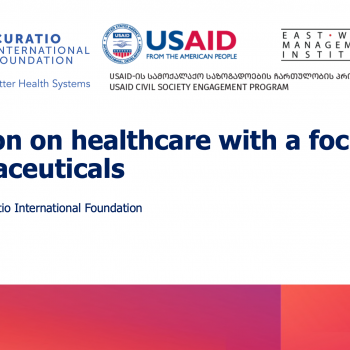
Barometer Study: Pharmaceutical Sector in Georgia
The study includes the data of the first two quarters of 2023, namely the indicators of the level of inflation on the health care group, and in particular on pharmaceutical products.
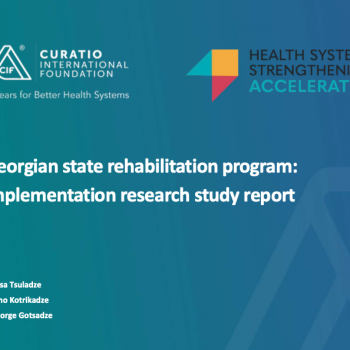
Georgian state rehabilitation program: implementation research study report
Georgia was selected as one of the priority countries for program support, which entails direct technical assistance and regional and global level activities to catalyze country-level work.
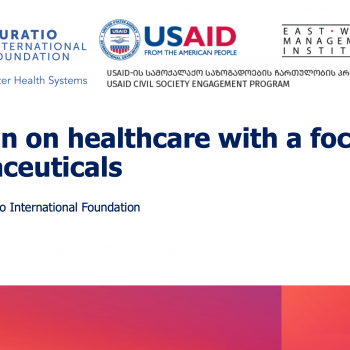
NEW Barometer, study focusing on the pharmaceutical sector
The Curatio International Foundation publishes a new Barometer, a study is focusing on the
pharmaceutical sector. The purpose of the study is to examine the inflation on healthcare
with a focus on pharmaceuticals.
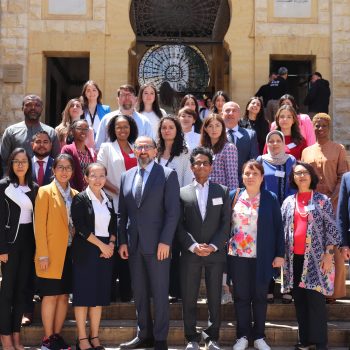
Culminating event – Building Institutional Capacity for Health Policy and Systems Research and Delivery science (BIRD) in six WHO Regions
3-day culminating event was conducted in Beirut, Lebanon in the frame of “Building Institutional Capacity for Health Policy and Systems Research and Delivery science (BIRD) in six WHO Regions” program. The meeting aimed to reflect on achievements and learnings and plan for the future of the Mentorship Program.
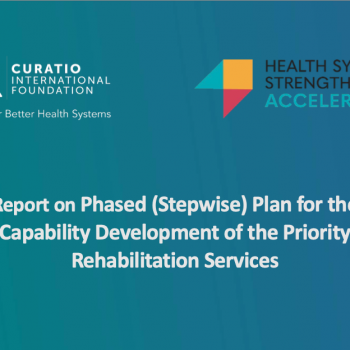
Report on Phased (Stepwise) Plan for the Capability Development of the Priority Rehabilitation Services
This includes operational support and technical expertise on Georgia’s health systems and financing context to complement the Accelerator’s global expertise and translation of existing knowledge into locally feasible solutions.
The project’s primary goal is to improve the financial protection of the population requiring medical rehabilitation services.
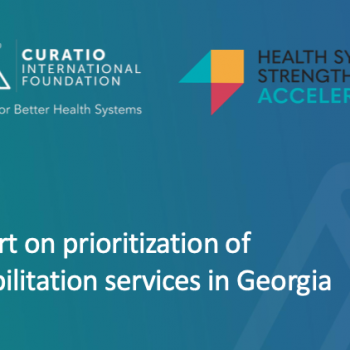
Report on prioritization of rehabilitation services in Georgia
The project’s primary goal is to improve the financial protection of the population requiring medical rehabilitation services.
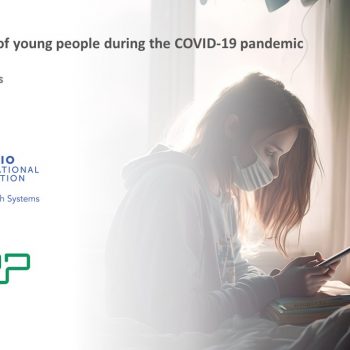
Mental health of young people during the COVID-19 pandemic
The COVID-19 pandemic has taken its toll on the mental health and wellbeing of the population globally. Even two years after the COVID-19 Pandemic breakout, the impact on the mental health of populations globally, particularly children and young people, is evident and dramatic.
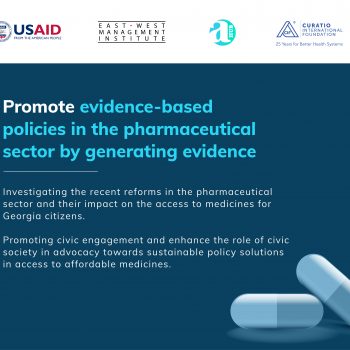
Promote evidence-based policies in the pharmaceutical sector by generating evidence
The project will achieve the aim through two objectives: Investigate the recent reforms in the pharmaceutical sector and their impact on the access to medicines for Georgia citizens.
Promote civic engagement and enhance the role of civic society in advocacy towards sustainable policy solutions in access to affordable medicines.
